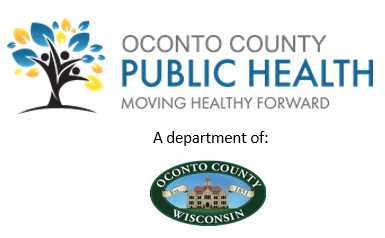RSV in Infants and Young Children
RSV symptoms include:
- stuffy or runny nose
- not eating or drinking well
- coughing
- sneezing
- fever
- sore throat
- headache
- general ill feeling
Call your doctor if your child:
- develops a fever after having a cold or has a high fever
- has a cough or other symptoms that gets worse
- is wheezing
- shows signs of dehydration
Get medical help right away if your child:
- has trouble breathing or is breathing very fast
- is very sleepy
- has lips or fingernails that look blue
Treatment and At Home Care
Most RSV cases go away on their own in a week or two. RSV is a virus, so antibiotics won't work to treat it.
Relieve symptoms at home:
- Manage fever and pain by giving medicine like Tylenol or if they are older than 6 months, ibuprofen.
- Drink enough fluids.
- Talk to your doctor before giving your child cold medicines; some may have ingredients that are not safe for kids.
- If your child is too young to blow their own nose, use a saline nose spray or drops, and a bulb syringe to remove mucus.
Prevention
If you have cold-like symptoms, do not interact with kids at high risk for severe RSV including premature infants, children under age 2 with long-term heart or lung conditions, children with weakened immune systems, and children with neuromuscular disorders.
More prevention steps:
- Wash hands often.
- Cover your coughs and sneezes.
- Stay home when sick.
- Clean frequently touched surfaces.
- Do not kiss babies that aren't yours.
